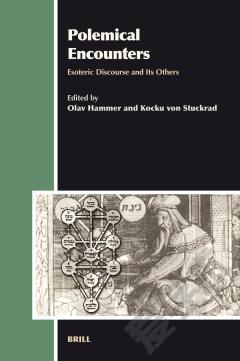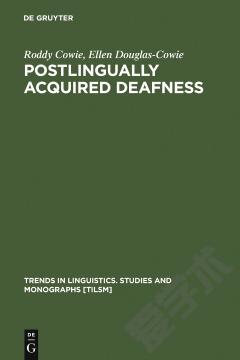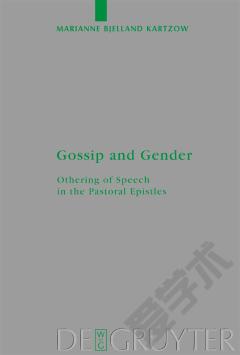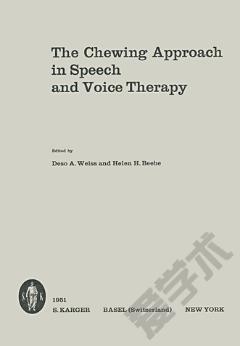A Treatise on Aphasia and Other Speech Defects
A brief consideration Of the mode in which the faculty of articulate speech, together with the superadded accomplish ments Of reading and writing are acquired, will facilitate our comprehension Of the various defects in the power Of intel lectual expression with which we are concerned. That thought in all its higher modes cannot be carried on without the aid Of language is a proposition that will be almost universally admitted if we use the latter term in its broadest sense. For, as Thomson says,1 Language, in its most general acceptation, might be described as a mode of ex pressing our thoughts by means Of motions Of the body; it would thus include spoken words, cries, involuntary gestures that indicate the feelings, even painting and sculpture, together with those contrivances which replace Speech in Situations where it cannot be employed. Articulate speech, in one or other Of its modes, is, however, the process which (for ordinary human beings) is found to be inseparably related with their thinking processes. Speech is, indeed, nothing else than a system Of articulate words adopted by convention to represent outwardly the internal process of thinking.
{{comment.content}}








 京公网安备 11010802027623号
京公网安备 11010802027623号